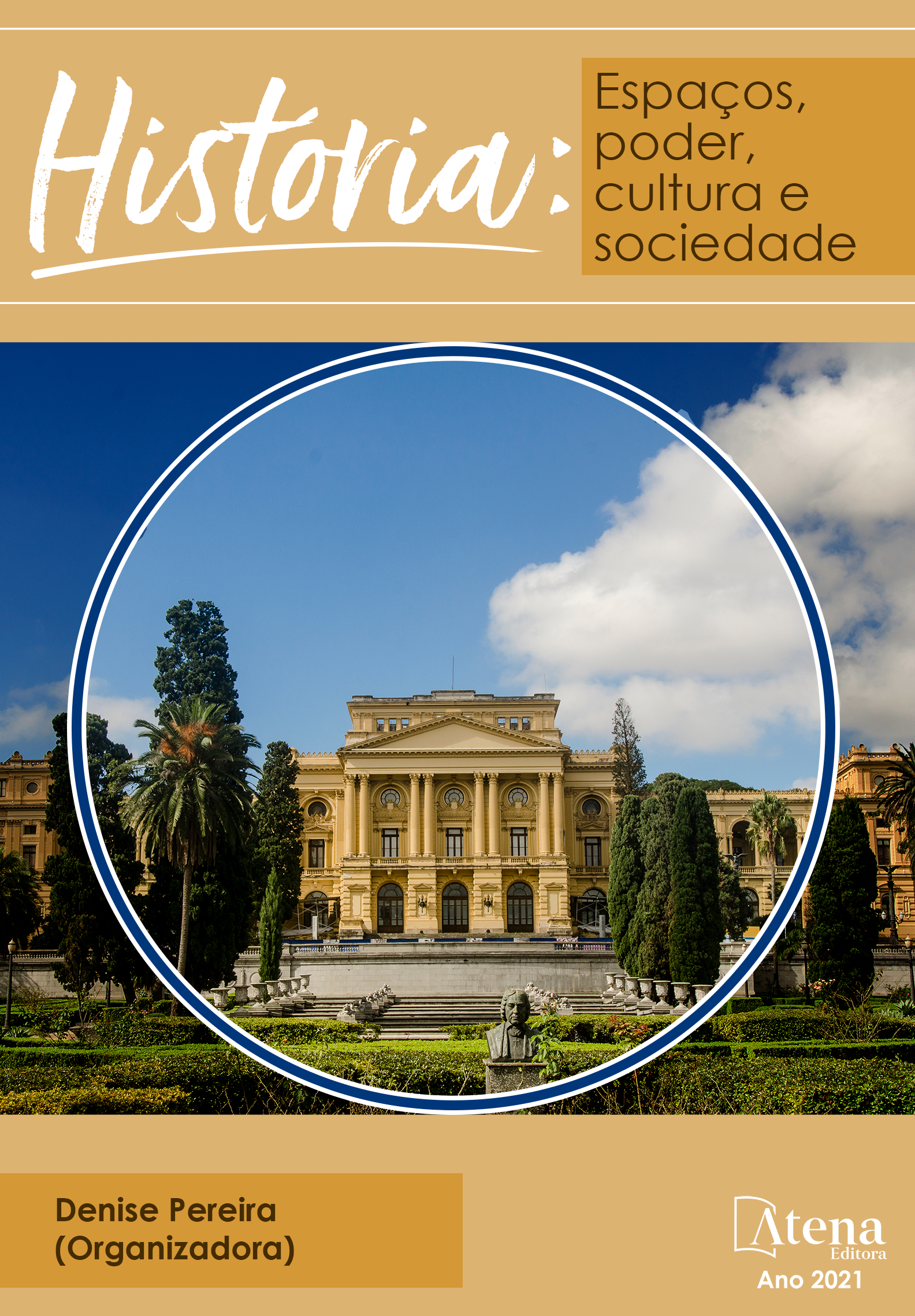
Espaço e Linguagem: Contribuições Literárias de Germinal no Estudo da Sociedade Industrial
Sublinhamos a contribuição da linguagem na construção da realidade a partir da tese de que a literatura é produção de conhecimento. Verificamos a potencialidade desta proposição na leitura espaço-temporal a partir de experiências humanas singulares. Assim, acreditamos que a investigação se dispõe como chave de interpretação na análise histórico-geográfica com base no entrelaçamento de múltiplas linguagens. A partir da exploração do romance Germinal (1885) evidenciamos as suas contribuições estéticas no estudo da industrialização e dos trabalhadores frisando dois pontos nevrálgicos: a relação homem-meio e a sua própria mecanização. Nessa perspectiva, a nossa chave de análise se mostra válida e coerente compreendendo um caminho de apreensão do homem, do espaço geográfico e da sociedade industrial. Émile Zola (1840-1902) foi participante da realidade sobre a qual refletiu dispondo de uma narrativa enervante evidenciando os contrastes de uma sociedade pautada na miséria humana e na riqueza material. Buscamos na “atmosfera da degeneração” inerente à estética naturalista uma expressão plausível e provocante sobre a industrialização enquanto fenômeno histórico-geográfico.
Espaço e Linguagem: Contribuições Literárias de Germinal no Estudo da Sociedade Industrial
-
DOI: 10.22533/at.ed.38921260820
-
Palavras-chave: Industrialização; Naturalismo; Trabalhadores
-
Keywords: Industrialization; Naturalism; Workers
-
Abstract:
We underscore the contribution of language in the construction of reality from the thesis that literature is knowledge production. We see the potential of this proposition in the space-time reading from unique human experiences. Thus, we believe that the research has an interpretative key in historical-geographical analysis based on the interweaving of multiple languages. From the exploration of novel Germinal (1885) we evidenced their aesthetic contributions in the study of industrialization and workers emphasizing two crucial points: the human and environment relationship and its own mechanization. From this perspective, our key analysis proves valid and consistent comprising a seizing way of man, the geographic space and industrial society. Émile Zola (1840-1902) was participant of reality which reflected featuring an unnerving narrative highlighting the contrasts of a society guided by the human misery and the material wealth. We seek the “atmosphere of degeneration” inherent of the naturalistic aesthetics a plausible and provocative expression on industrialization as a historical and geographical phenomenon.
-
Número de páginas: 12
- Rodrigo Janoni Carvalho


